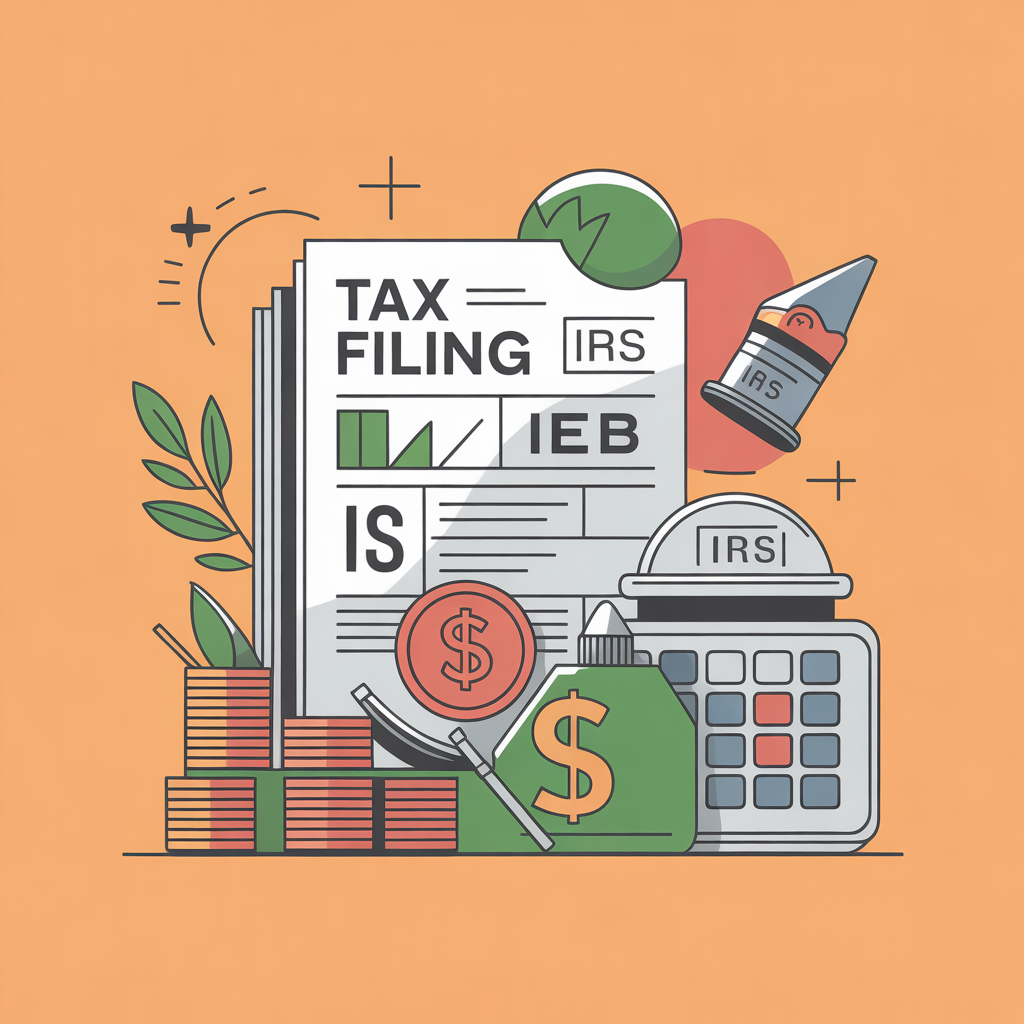The U.S. tax landscape saw major updates in 2025 with the passage of the One Big Beautiful Bill Act (OBBBA). This new legislation builds on the 2017 Tax Cuts and Jobs Act (TCJA), making many provisions permanent while adding fresh tax breaks for families, seniors, and workers. At the same time, it phases out some green energy incentives and modifies business tax rules.
If you’re wondering how these changes affect you, here’s a clear and simple overview.
- Permanent Federal Tax Rates
The seven federal income tax brackets—10%, 12%, 22%, 24%, 32%, 35%, and 37%—are now permanent. Originally, the TCJA cuts were set to expire after 2025, but the new law locks them in for the long term.
Inflation adjustments slightly raised the income thresholds, so fewer people will be pushed into higher brackets. For example:
- Single filers will see the 12% bracket cover incomes up to about $48,475, and the 22% bracket goes up to $103,350.
- Married couples filing jointly now enjoy the 12% bracket up to about $96,950.
This means most taxpayers won’t see a higher tax rate on the same income level compared to last year.
- Bigger Standard Deduction
The standard deduction got another bump in 2025:
- $15,750 for single filers
- $31,500 for married couples filing jointly
- $23,625 for heads of household
This higher deduction means more of your income is automatically tax-free. Many taxpayers will continue to find it easier (and more beneficial) to take the standard deduction rather than itemize expenses.
- New Senior Deduction
A brand-new benefit was introduced for older Americans. Taxpayers 65 or older can now claim an extra $6,000 deduction if filing single, or $12,000 if married filing jointly.
This special senior deduction reduces taxable income and can lower the overall tax bill. However, it gradually phases out at higher income levels.
- Expanded Child Tax Credit
Families with children get a boost:
- The Child Tax Credit increases to $2,200 per child.
- It’s now permanently indexed to inflation, so it should rise gradually each year.
This credit directly reduces the tax you owe, making it a valuable benefit for families with dependent children.
- No Tax on Tips and Overtime Pay
One of the most talked-about changes is the new exemption for tips and overtime pay. Qualifying workers can exclude up to $25,000 per year in tips or overtime wages from federal income tax.
This is especially helpful for workers in service industries—like restaurant servers, hotel staff, and gig workers—who rely heavily on tip income. The IRS will release further guidance on which occupations qualify and how employers should report this income.
- Auto Loan Interest Deduction
If you buy a U.S.-made vehicle, you can now deduct up to $10,000 per year in auto loan interest.
This deduction is designed to encourage buying American-assembled vehicles. It has income-based phaseouts, so higher earners may not fully qualify.
- SALT Deduction Cap Raised
The limit on the State and Local Tax (SALT) deduction temporarily rises to $40,000 for households earning under $500,000.
This is a significant increase from the previous $10,000 cap, but it’s only available for five years. After that, it reverts unless Congress extends it.
- “Baby Bonus” Trump Account
Parents of children born between 2025 and 2028 will receive a $1,000 “Trump Account” for each newborn.
This account acts like a hybrid savings plan: parents can contribute up to $5,000 per year tax-deferred, similar to a mix between a 529 college savings plan and an IRA. The goal is to help families start building long-term savings for their children’s future.
- Clean Energy Credits Phased Out
On the flip side, the law rolls back some green energy incentives from the Inflation Reduction Act:
- Electric vehicle (EV) credits end after September 2025.
- Some solar and renewable energy credits are shortened, affecting new projects.
If you’re considering buying an EV or installing solar panels, 2025 may be your last chance to claim these credits.
- Business & Corporate Tax Changes
The law also tweaks some business-focused rules:
- The Base Erosion and Anti-Abuse Tax (BEAT) stays at 10% in 2025 but will rise to 10.5% in 2026.
- The Global Intangible Low-Taxed Income (GILTI) regime is replaced with Net CFC Tested Income (NCTI), offering a more favorable structure for multinational companies.
These changes are mainly relevant for large corporations and international businesses.
What Does This Mean for You?
In simple terms:
- Most individuals will keep more of their income thanks to the larger standard deduction, permanent tax cuts, and new targeted breaks for seniors, families, and workers.
- Families benefit most, with higher child credits and baby savings accounts.
- Seniors enjoy a new deduction, further reducing taxable income.
- Workers who earn tips or overtime could see a big tax break.
- Homeowners in high-tax states temporarily get more relief with a higher SALT cap.
But there are also trade-offs:
- Some clean energy incentives are going away sooner than expected.
- Many of these perks have income limits and temporary windows, so planning ahead is key.
Contact us: +1 (972)-996-6644
Email us : info@theriwa.com Visit our website : https://theriwa.com/






